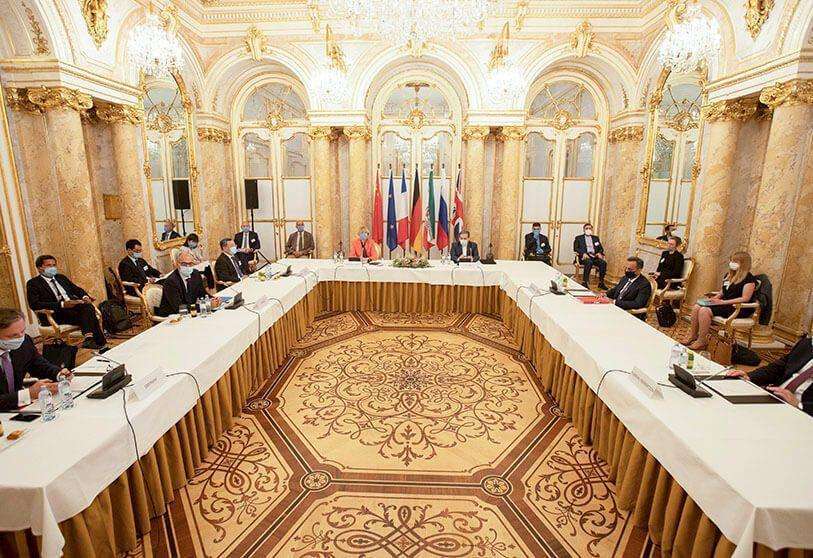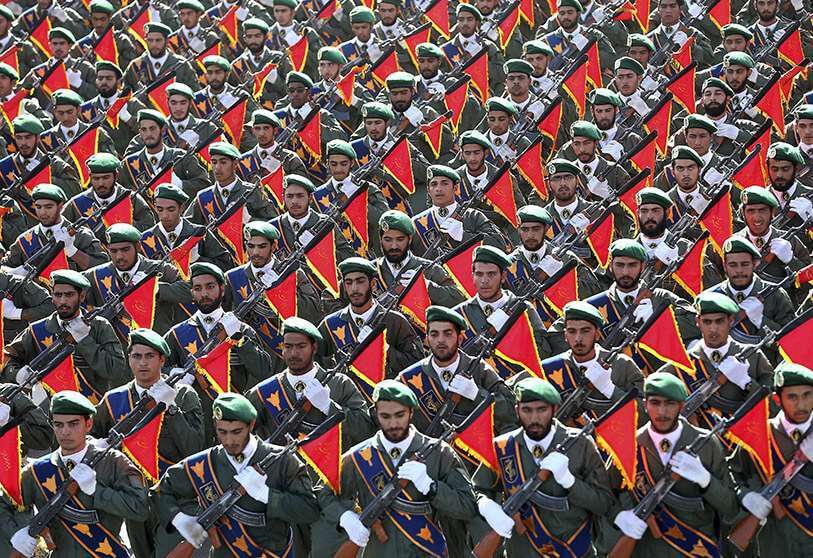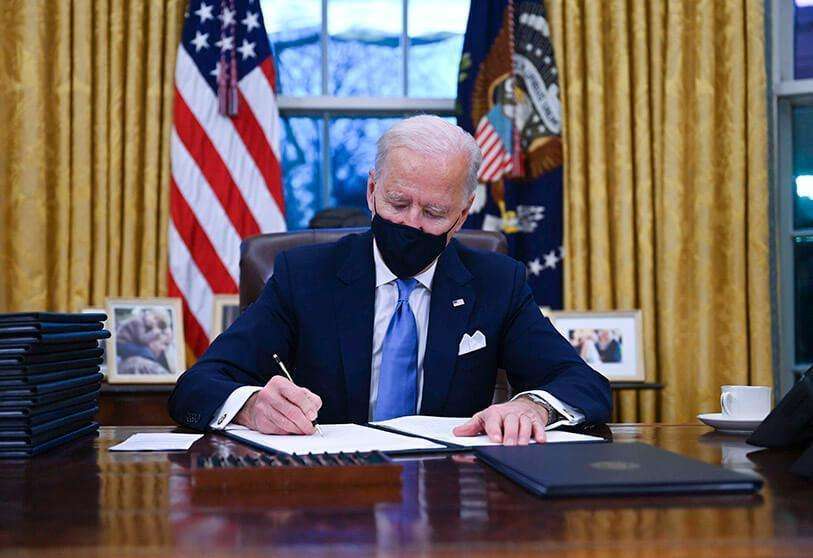Iran nuclear deal enters terminal phase

Negotiations for the revival of the Iran nuclear deal hang in the balance. One year after the start of talks in Vienna between the P5+1, the six powers that joined diplomatic efforts in 2015 to halt Iran's atomic programme, the resumption of the Joint Comprehensive Plan of Action (JCPOA) promoted by the Biden administration is doomed to failure due to fundamental differences between Washington and Tehran.
According to POLITICO, a 27-page document has been ready to be signed for weeks. But there is still a stumbling block to overcome: the status of the Islamic Revolutionary Guard Corps, the branch of the Persian Armed Forces considered by the United States to be a terrorist organisation, a designation that brings with it the imposition of sanctions. Sanctions, moreover, which the Iranian delegation demands to see lifted in their entirety.
Western diplomats seem to have lost all hope that the deal can be concluded, according to Reuters. The context does not help either. The full-scale invasion of Ukraine in February by Russia's Vladimir Putin, the negotiating power, has divided the respective participants in the agreement, which also includes China, the UK, France and Germany, as well as the European Union, the coordinator of the talks.

Given the scenario, Western partners are speculating on alternative ways to limit the development of Iran's nuclear programme, which could be close to a relatively successful conclusion despite repeated denials by the Persian government. The Director General of the International Atomic Energy Agency (IAEA), Rafael Grossi, declared a few months ago that the Islamic Republic has enough nuclear material for a bomb, but the Argentine diplomat pointed out that an atomic weapon "requires more than that".
The parties have not completely renounced the agreement. In March, the resumption of the JCPOA seemed imminent when the European negotiating team invited the top diplomats of the countries involved to the Austrian capital, the seat of the negotiations, to sign the final document. But the war in Ukraine led to an overlap in the foreign policy priorities of the participants, who postponed the meeting.
The deputy secretary general of the European External Action Service, Enrique Mora, told his Iranian counterparts a few days ago that he was willing to travel to Tehran to keep the nuclear deal alive, as The Wall Street Journal reported. However, the Persian delegation has yet to send a response to the Spanish diplomat, a person of the utmost confidence of the High Representative of the Union for Foreign Affairs and Security Policy, Josep Borrell.
The demands expressed at the last minute by the Kremlin, which unsuccessfully sought to prevent the sanctions from affecting its bilateral trade with Tehran, destabilised the pact, which was hit on its waterline by Iran's claims regarding the status of the Revolutionary Guard, not so much a symbolic issue as a burden for the battered Persian economy. Iran's former foreign minister under the reformist Mohammad Khatami, Kamal Kharazi, angrily declared that 'a national army cannot be labelled as a terrorist group'.

The sanction, imposed after former President Donald Trump's 2018 withdrawal from the agreement, is the only point that makes a reissue of the JCPOA impossible. For the Biden administration, this is a difficult political decision, as it could weaken its position in the eyes of US public opinion, already damaged by galloping inflation, and also in the eyes of its regional partners, such as the Gulf states and Israel, which are pushing for an end to the negotiations.
For the Ayatollahs' regime, the designation of the Pasdaran (the informal name given to the Islamic Revolutionary Guard) as a terrorist group is an affront. But the United States points to the corps, especially its elite Quds Force division, as the main culprit in a long-running campaign of harassment directed through its related militias against regional rivals Israel and Saudi Arabia, close allies of Washington.
The Persian government, chaired since August by Ebrahim Raisi, a hardliner in the regime, said last week that it was willing to hold a new round of talks in Vienna, although it did not specify dates. "The parties have agreed that prolonging this stalemate is not in the interests of the talks and that it is appropriate to hold a meeting as soon as possible," said Iranian foreign ministry spokesman Saeed Khatibzadeh, who said that Iran "is a member of the Nuclear Non-Proliferation Treaty (NPT) and has accepted the non-proliferation regime".

President Biden's advisers flatly reject removing the Revolutionary Guard from the list of terrorist organisations, according to US press reports, and demand that the Iranian government accept the conditions put on the table by Western negotiators. For Washington, this is a "red line" and, although Tehran can go further in this context in its nuclear roadmap, it maintains that it is an immovable position and that it will only yield if the Iranian delegation is open to addressing the concerns of the United States outside the JCPOA.
The nuclear deal signed in 2015 with Iran was arguably the greatest diplomatic achievement of Barack Obama's tenure in the United States, establishing a 10-year suspension of the Persian nuclear programme. However, the surprise arrival of Donald Trump in the White House altered the plans and he decided to abruptly abandon the pact in 2018, imposing instead a blunt sanctions regime.
A year later, after suffering the first economic consequences aggravated by the pandemic, Tehran broke its part of the agreement and advanced its atomic project by enriching uranium to levels far higher than those set out in the JCPOA. This is why the new Democratic administration pushed for an emergency renegotiation a year ago to reactivate the terms of the deal with Iran, and thus quell nuclear proliferation in a mined region, which has dragged on to date.










